Student Learning & Development
 I will always count myself fortunate that the one CSP program I blindly applied to turned out to be so famed for its effectiveness in teaching student development theory. I am also lucky to have had supervisors who feel strongly that theory should be implemented on a daily basis with my student interactions. After taking CSP 602: Theory and Assessment of College Student Development in my first semester, I have implemented student development theory into my role as a conduct officer at every opportunity.
I will always count myself fortunate that the one CSP program I blindly applied to turned out to be so famed for its effectiveness in teaching student development theory. I am also lucky to have had supervisors who feel strongly that theory should be implemented on a daily basis with my student interactions. After taking CSP 602: Theory and Assessment of College Student Development in my first semester, I have implemented student development theory into my role as a conduct officer at every opportunity.To exhibit this, I have included my formal theory paperfrom the class as an artifact, which demonstrates my ability to apply theory to practice in helping to understand where a student is developmentally. I have also included the link to my voice project, an immersion project in which I studied the unique developmental challenges of college students who suffer from ADHD. Both of these experiences allowed me to conceptually apply the theories I had recently learned at that point. However, throughout my assistantship I have been encouraged to apply Kohlberg’s theory of moral development (1969, as cited in Evans, Forney, & Guido-DiBrito, 1998), and the epistemological development theories of Perry (1981, as cited in Evans, Forney, & Guido-DiBrito, 1998), Baxter Magolda (1992, as cited in Evans, Forney, & Guido-DiBrito, 1998), and King & Kitchener (1994) into my daily practice in student conduct.
I have included the outline of the BGSU decision-making seminar that I have facilitated on a number of occasions to demonstrate my ability to utilize student development theory in a pragmatic setting with students who have engaged in risky behaviors. I have also included a presentation I recently gave on the psychological roots of irrational behavior, which was largely inspired by a book that summarized the findings of a number of economic studies. After reading the book, I felt as though many of the same ideas could be applied to student development theory and help myself and my peers understand why students and administrators alike often behave irrationally.
